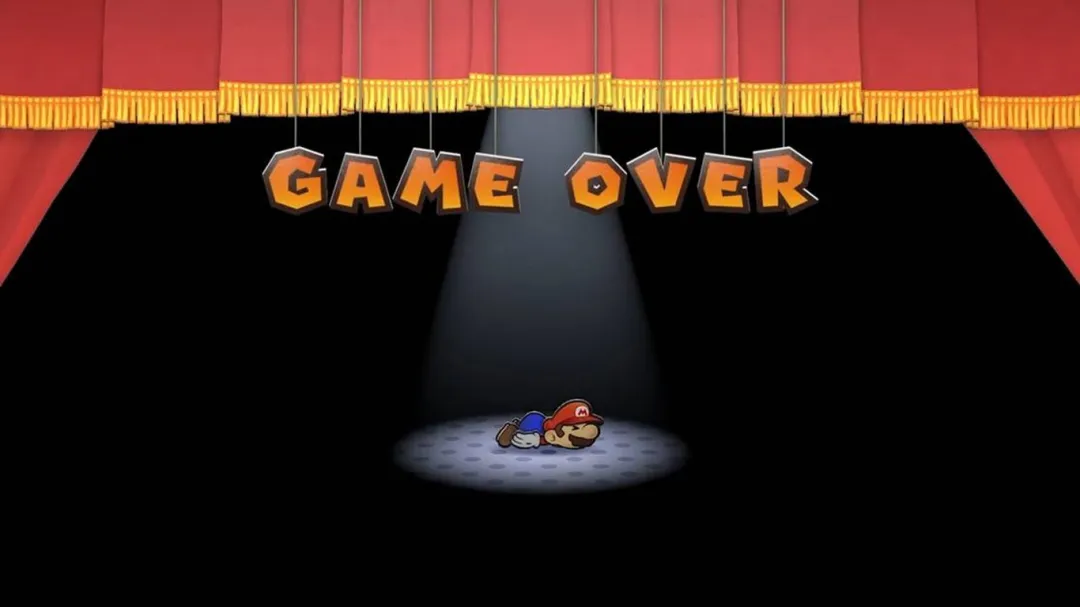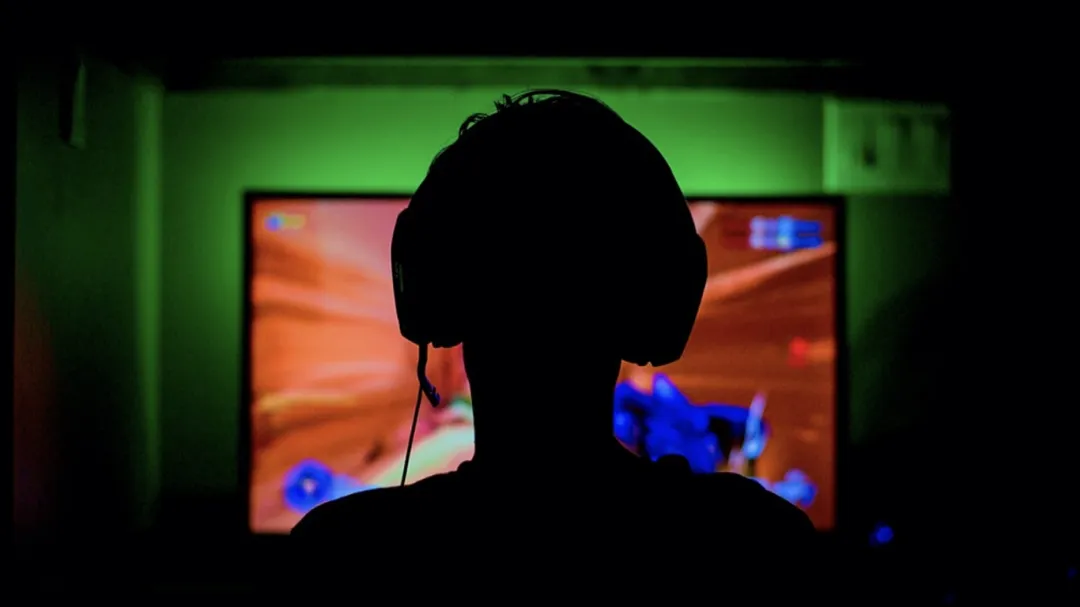Gaming Challenges Transform Player Failures

In Seattle, an emerging trend among gamers is redefining approaches to in-game failures and discipline. Game enthusiast Michael Reynolds, known in the gaming community as ‘ReyStrider,’ has publicly discussed how adopting challenge runs—a self-imposed set of rules restricting certain in-game conveniences—has significantly transformed his gaming habits.
Reynolds reported that prior to this shift, he was plagued by item-hoarding and frequent save-scumming, tactics that undermined the intended challenge and authenticity of gameplay. By establishing firm rules, such as limiting item stockpiles and forbidding reloads after failures, he confronted and embraced the inevitability of failure as part of the experience.
Experts like Dr. Angela Kim, a media studies professor at Pacific Northwest University, highlight that such gaming practices align with broader trends promoting resilience and emotional regulation among players. ‘Challenge runs compel gamers to accept setbacks constructively, which translates into improved problem-solving skills and perseverance,’ Kim explains.
This movement resonates amid ongoing discussions on gaming culture’s psychological effects. The adoption of self-restrictions and acceptance of failure can foster deeper engagement and satisfaction, countering the prevailing focus on perfection and instant success.
As digital entertainment grows increasingly complex, Reynolds’ experience underscores the importance of intentional gameplay design and personal accountability. Challenge runs are not only revitalizing how games are played but also enriching the psychological benefits gaming offers to global audiences.







